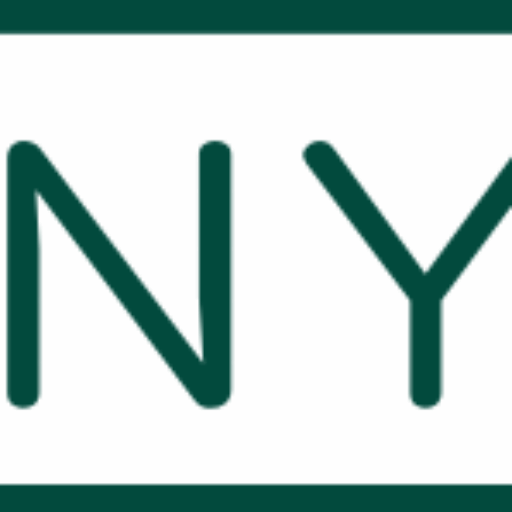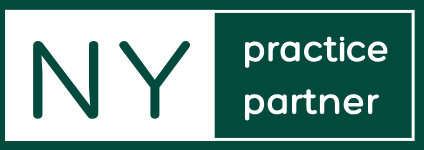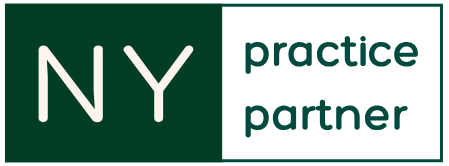If you’ve ever walked into a hotel, office, or clinic and been warmly greeted by someone behind the desk, you’ve likely met a front desk specialist. Front desk specialists are the first point of contact for visitors and play an essential role in creating a positive experience for guests and clients. But what exactly does a front desk specialist do, and how is this role different from a receptionist? Let’s dive into everything you need to know about the duties, skills, and career potential of a front desk specialist.
What is a Front Desk Specialist?
A front desk specialist is a professional responsible for managing the reception area of a business, handling tasks like greeting visitors, answering questions, scheduling appointments, and performing various administrative duties. Front desk specialists work in many settings, including hotels, medical offices, corporate businesses, and retail establishments.
While the tasks may vary slightly depending on the industry, front desk specialists always have one thing in common: they are the “face” of the business, providing the first impression and ensuring that visitors have a positive experience. In some industries, this role is known by other titles, such as guest service representative in hotels or medical receptionist in healthcare.
What Does a Front Desk Person Do?
So, what does a front desk specialist actually do on a daily basis? Here’s a breakdown of the main responsibilities:
- Greeting and Assisting Visitors
Imagine you’re walking into a clinic for the first time. The front desk specialist is the one who greets you with a smile, checks you in, and directs you where to go. This welcoming interaction is key to making visitors feel at ease. In hotels, front desk staff may check guests in, answer questions about local attractions, and assist with room reservations. - Answering Phones and Directing Calls
Front desk specialists are often in charge of handling calls. They answer questions, direct calls to the right department, or take messages. Being able to keep a friendly and professional tone, even during busy times, is crucial. In a corporate setting, for example, this might mean transferring calls to executives or assisting clients with inquiries. - Scheduling and Managing Appointments
Front desk specialists often manage the company’s schedule. In a medical office, they book patient appointments and send reminders. In a corporate office, they might coordinate meetings for executives, ensuring there are no conflicts. Good organizational skills are essential here, as scheduling errors can lead to disruptions in service and inconvenience for clients. - Performing Administrative Tasks
A big part of the role involves handling paperwork, managing files, organizing mail, and sometimes processing payments. In a retail setting, a front desk person might even assist with billing or customer orders. These tasks help keep the business organized and ensure a smooth flow of operations. - Handling Customer Complaints or Issues
Front desk specialists are often the first to hear about any issues from clients or visitors. They need to stay calm, listen to the concern, and either resolve it or escalate it to the appropriate person. This requires strong communication and problem-solving skills. For example, in a hotel, if a guest has an issue with their room, the front desk specialist will usually try to resolve it on the spot or notify housekeeping. - Maintaining Security and Safety Protocols
Many companies require front desk staff to check in visitors and maintain security logs. This can include issuing visitor badges, tracking people entering and exiting the building, or enforcing safety protocols. This is especially common in corporate offices and healthcare settings, where security is a priority.
What is the Difference Between a Receptionist and a Front Desk Specialist?

At first glance, the roles of a receptionist and a front desk specialist may seem similar, but there are a few key differences:
- Scope of Responsibilities
- Receptionist: Typically focused on greeting visitors, answering phones, and performing basic administrative tasks. The role is more narrowly defined and often limited to smaller businesses or offices.
- Front Desk Specialist: Often has a broader scope of responsibilities that can include scheduling, customer service, managing security protocols, and supporting other departments. For example, in a hotel or medical office, front desk specialists may be responsible for booking appointments or handling specific client issues.
- Industries and Job Titles
- Receptionists are commonly found in smaller businesses where front desk operations are straightforward.
- Front desk specialists, however, are more often found in industries that require a high level of customer service, like hospitality, healthcare, and corporate settings. These roles often require a wider skill set, such as knowledge of industry-specific software or customer service techniques.
- Skill Requirements
- While both roles require strong communication skills, a front desk specialist may also need multitasking, problem-solving, and technical skills, especially in industries like healthcare and hospitality.
In summary, while a receptionist may focus on welcoming guests and basic tasks, a front desk specialist often has a more diverse set of responsibilities and may work in high-demand industries requiring a specialized skill set.
What is the Highest Position in the Front Office Department?
In industries like hospitality and corporate offices, there is typically a clear career path within the front office department. Here’s a look at some of the highest positions available:
- Front Office Manager
The front office manager oversees all front desk operations, ensuring staff are trained and operations run smoothly. In a hotel, this role involves coordinating check-ins, handling VIP guests, and making sure customer service is at its best. - Director of Front Office Operations
Larger organizations, such as luxury hotels, may have a Director of Front Office Operations who oversees all aspects of guest services. This person coordinates with other departments, like housekeeping and security, to create a seamless guest experience. They may also set policies and implement strategies to improve customer satisfaction. - Guest Relations Manager
In high-end hotels and corporate offices, a Guest Relations Manager may focus solely on enhancing customer experience. They address guest needs, resolve complex issues, and ensure VIP clients have personalized services. This role is essential in luxury settings where attention to detail and client relationships are key. - Office Manager or Administrative Manager in Corporate Settings
In corporate offices, the front office’s highest position is often the Office Manager or Administrative Manager. They supervise all front desk staff, manage budgets, oversee supplies, and handle office-wide administrative tasks.
These roles require years of experience, strong leadership skills, and a deep understanding of front office operations.
What Skills Does a Front Desk Specialist Need?
To be successful as a front desk specialist, certain skills are essential:
- Communication Skills: Front desk specialists communicate with visitors, clients, and other departments, so excellent verbal and written communication skills are crucial.
- Customer Service: Whether calming an upset guest or making someone feel welcome, good customer service skills are vital.
- Multitasking and Organization: Managing multiple tasks, such as answering phones, scheduling, and greeting guests, is a daily part of the job.
- Attention to Detail: Mistakes in scheduling or security logs can disrupt operations, so being detail-oriented is important.
- Technical Proficiency: Knowledge of industry-specific software, like booking systems for hotels or appointment systems in medical offices, is often required.
Why is a Front Desk Specialist Important?
Front desk specialists contribute to a company’s success by ensuring smooth operations, creating positive first impressions, and enhancing customer satisfaction. They bridge the gap between the company and clients, making people feel valued and attended to from the moment they walk in. In businesses where customer experience is crucial, like hotels and medical offices, front desk specialists are essential for customer retention and reputation management.
Conclusion
A front desk specialist is much more than just a welcoming face—they are a critical part of a company’s operations. From greeting visitors to handling complex scheduling and customer service issues, they ensure that everything runs smoothly and that clients have a positive experience. The career path can lead to higher roles, such as Front Office Manager or Guest Relations Manager, offering a rewarding journey for those who excel in communication, organization, and multitasking.
If you’re considering a career as a front desk specialist, this role can be a stepping stone to many opportunities. With its variety, daily interaction with clients, and key role in customer service, a front desk specialist position can offer both growth and fulfillment in the long term.








